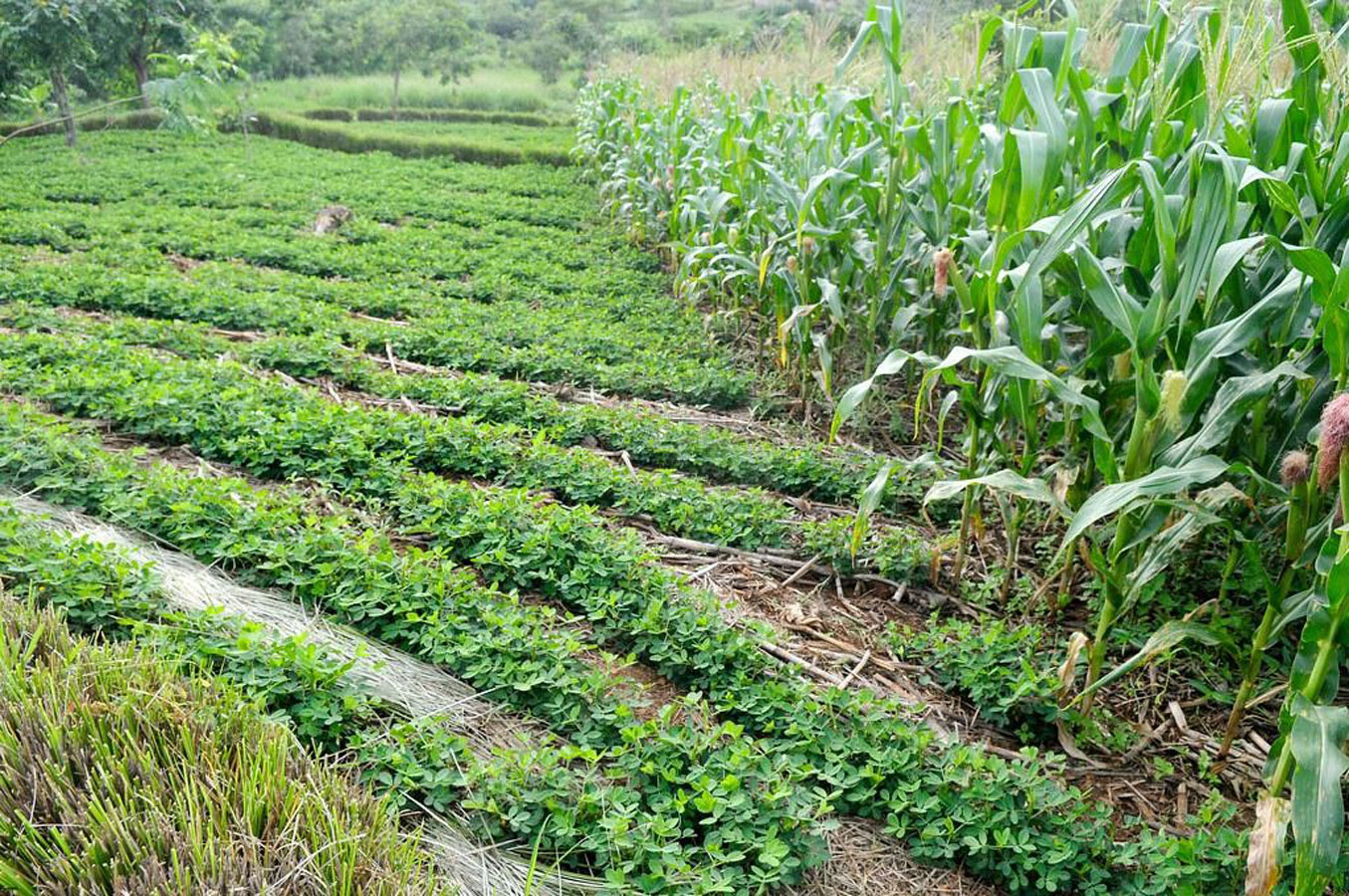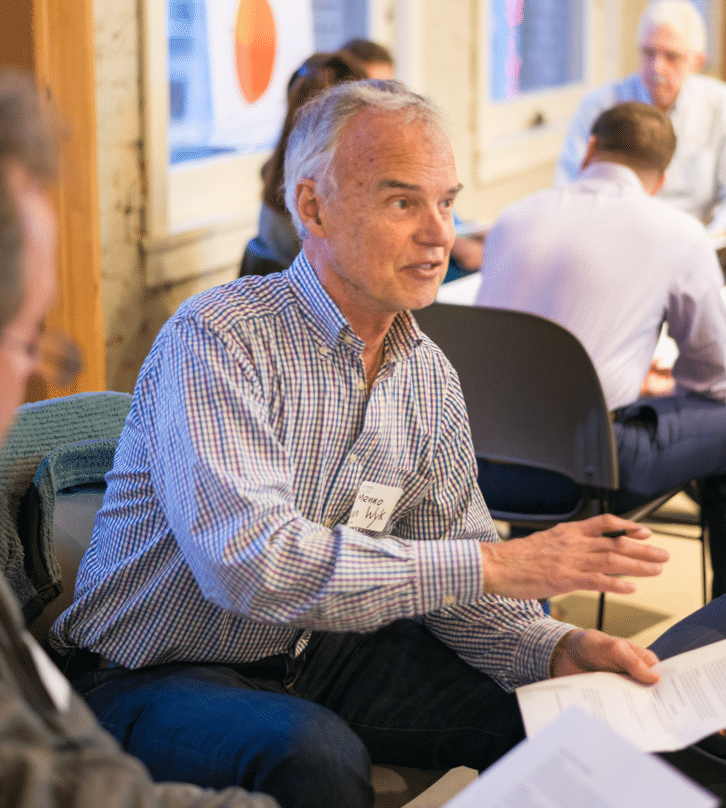On November 23, the United Nations Food and Agriculture Organization issued its 2021 State of Food and Agriculture report (https://www.fao.org/3/cb4476en/cb4476en.pdf). In a nutshell, this latest assessment says food systems worldwide are dangerously vulnerable to sudden and unexpected shocks, as revealed by the pandemic. “Restrictions have harmed not only agri-food trade, agri-food supply chains, and agri-food markets, but also people\’s lives, livelihoods, and nutrition,” FAO chief Qu Dongyu said in the forward. “Lack of access to adequate food for millions of people emerged as a huge and persistent problem.” As Qu lamented, “Even before the COVID-19 pandemic, the world was not on track to meet the shared commitment to end global hunger and malnutrition in all its forms by 2030, but the pandemic has sent us even further off track.”
The report makes several proposals to support and accelerate innovation in smallholder farming.
Safety nets
The report highlights social protection programs organized by non-profits and governments to prevent smallholder farmers from going into debt or selling off assets whenever a crisis strikes them. By putting an end to these “negative coping strategies” FAO argues that social protection schemes not only help smallholder farm families endure hardship better, but also ensure that a farm gets back on its feet more quickly since farmers often use the additional assistance to invest in their recovery.
FAO cites a case study of refugee farming communities in Uganda, where “both cash and food transfers helped beneficiaries stabilize household food consumption and reduce reliance on negative coping strategies. Cash transfers also encouraged investment in agricultural activities.” They single out the Malawi Social Action Fund and Ethiopia’s Productive Safety Net Program as examples governments might emulate. “Particular attention should be given to expanding social protection coverage to small-scale fishers and informal fish workers,” the authors noted.
Ecological approaches
FAO also called for innovation to promote smallholder agroecological practices, including crop diversification, intercropping, and ecological pest and disease control. The report acknowledges that the benefits of agroecology are not always well documented and proposes the expanded application of TAPE, or “Tool for Agroecology Performance Evaluation,” to measure the degree of diversification in cropping systems along with economic, social, and environmental resiliency. TAPE has already been applied in 25 countries.
The UN cites the possibility of economic crises and pandemics as well as climate change to deliver shocks to global agriculture and food security. It urges governments to prioritize resiliency, but notes that they will need help from nonprofits to do so. Similarly, Grow Further believes that no one sector–public, private, or nonprofit–can ensure global food security alone and aims to empower individuals as well as more traditional stakeholders to create a food-secure future.
— Grow Further
Photography credit: An example of conservation agriculture in Malawi. CIMMYT, Creative Commons.




